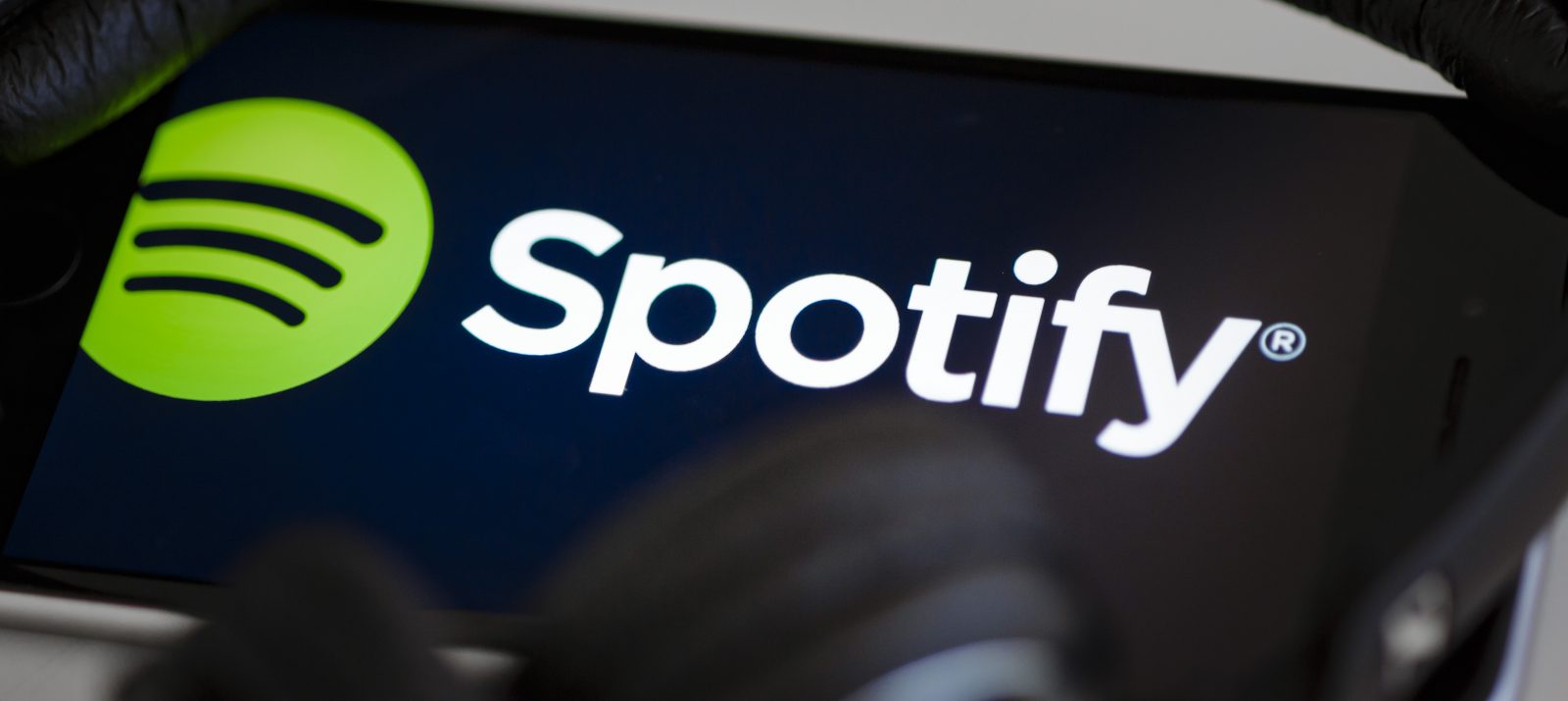
CDs, Cassettes and MP3 players have long been out of fashion. Today, people listen to music online with their smartphones, via digital music services such as
Spotify
– one of the largest
streaming providers
.
Spotify is by far the best-known and largest music streaming service. If you use it with a free account, you can only listen to music with an Internet connection and advertisements are played regularly between songs. With the paid premium version, the songs can also be listened to offline and without commercial interruptions. In addition, with the also chargeable Family Premium Version different accounts are managed. In the premium variants, parental control settings are also available. This means that songs, podcasts and radio plays with “explicit” content – i.e. content unsuitable for children and young people – can be excluded.
With
Spotify
currently provides access to around 82 million titles. Included are music, radio plays, audio books and Podcasts. In addition, there are numerous playlists – created and published by users – on various genres and topics. You can also create your own playlists and follow other users.
For music offers
Spotify
with the function
Behind The Lyrics
function provides background information about the song and displays the lyrics for many tracks.
Spotify
uses a kind of own
QR code
. With this
Spotify Code
users can share their favorite songs.
Music is very important for young people: they identify with the artists, talk about them with their friends and can also express themselves emotionally with their favorite songs. With
Spotify
young people have the big music world in their pocket, can browse music collections of others and access content almost limitlessly and everywhere.
On the
Playstation
,
X-Box
,
Alexa Echo and Google Home
Spotify is supported, so teens can gamble and listen to music at the same time or use their voice assistant to play music.
Younger children will be interested in the large selection of radio plays. Almost all popular children’s audio drama series – from Bibi Blocksberg and Benjamin Blümchen to “The Three ???” – are available on Spotify available. Read more in our article about Child-friendly audio content on Spotify
Spotify
has a
sophisticated algorithm
, which highly personalizes the suggestions for music, audiobooks and advertising. At
Button profile
created
Spotify
from the last listened music and the usage data individual playlists, for example
Your mix of the week
. However, this is also associated with the storage of usage behavior. Take a look at the privacy policy, access rights and other conditions together with your child before agreeing to registration and installation!
It is difficult for children and teenagers to use the free version, as the music content can only be streamed. This costs data volume if you cannot access a WLAN. If your child does not have a data flat rate, this can quickly become expensive.
At
Spotify
there is also music or audio books with content that is not suitable for children. However, these are marked and can be filtered out. Most recently
Spotify
is coming under increasing criticism for doing too little to combat the spread of
fake news
and
conspiracy myths
to undertake on the platform. Among other things, the service distributes a multi-million dollar U.S. podcast that conveyed misinformation about Corona vaccinations. The streaming service meanwhile goes against Corona fake news and marks contributions to Covid-19 with a note and the link to further information.
Officially, the minimum age of
Spotify
16 years. Problematic content can only be filtered in the paid premium accounts by adjusting the parental control settings. Your child will then have no way of accessing “explicit” content with swear words or other inappropriate terms, or coming across it by accident.
As parents, you should discuss in detail with your child in advance whether it makes sense to use the offer. This also includes the privacy policy and the discussion on advertising. Consider whether a joint
Family Premium Account
makes sense if several people in your family use the offer.
Especially with podcasts, caution is advised when it comes to false reports. Encourage your child to use information critically and educate him or her about Fake News on. Show your child how to
conspiracy myths
and how it can verify the truth of sources.